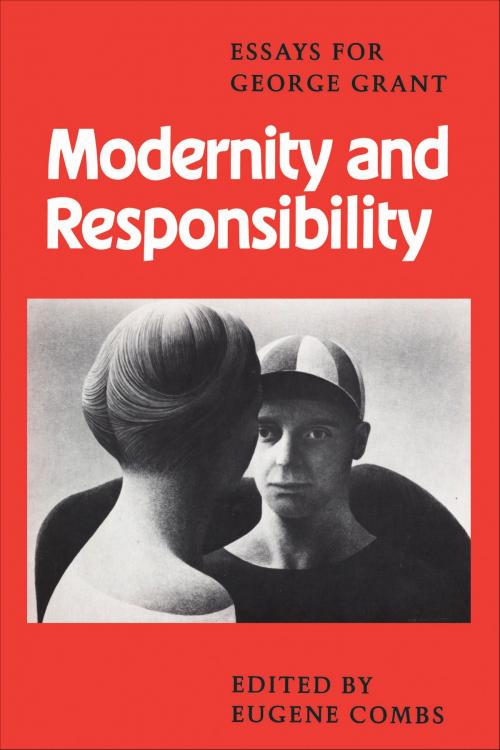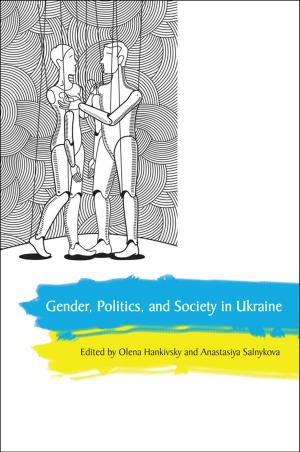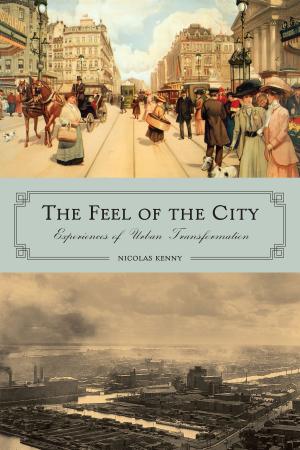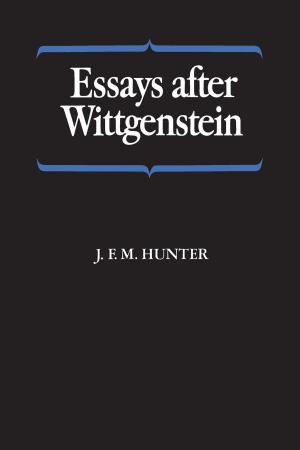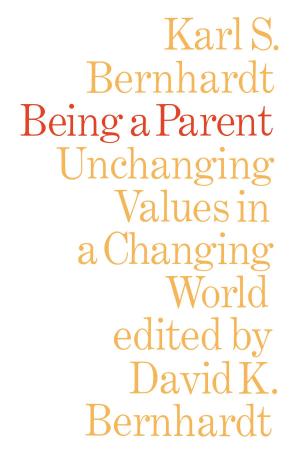Modernity and Responsibility
Essays for George Grant
Nonfiction, Religion & Spirituality, Philosophy, Modern, Ethics & Moral Philosophy, Social & Cultural Studies, Social Science| Author: | ISBN: | 9781442654952 | |
| Publisher: | University of Toronto Press, Scholarly Publishing Division | Publication: | December 15, 1983 |
| Imprint: | Language: | English |
| Author: | |
| ISBN: | 9781442654952 |
| Publisher: | University of Toronto Press, Scholarly Publishing Division |
| Publication: | December 15, 1983 |
| Imprint: | |
| Language: | English |
What is it to be modern? How does the world look through the eyes of a modern? Is it possible to bring the sensibility of the non-modern to bear on the world around one? If so, how?
The essays in this volume consider these and a number of related questions in an attempt to determine how a thoughtful individual can understand and act justly in the world of modernity. The authors stand firmly and deeply in modernity, but they are profoundly aware of the classical and the Judaeo-Christian traditions that the modern world has largely discarded and of non-Western traditions that ask profound questions about the nature of man and his role in the universe. They are willing to ask difficult and critical questions about traditional thought and about the assumptions, often tacit, of modernity.
The essays explore the problematic nature of the concept of transcendence in modern social and political philosophy. They start with an analysis of Spinoza's use of biblical criticism to separate political philosophy and divine revelation, and explore the impact of the rise of naturalistic individualism in the North Atlantic world. A discussion of the role of the transcendent and of traditional philosophy in the East helps the reader to gain a deeper understanding of the process of secularization in the West. The issue of moral responsibility is shown to be greatly influenced by the existence of the concept of transcendence, and philosophy and the apocalyptic tradition form the basis of attempts to bridge the gulf between the traditional and the modern, secular view of the world.
These essays show that the quest for the grounds of responsible action requires a thorough-going critique of modernity that looks not only at the modern world, but beyond it, to the traditions that formed and still inform it, and to the experience of other cultures that are also facing the processes we already take for granted.
What is it to be modern? How does the world look through the eyes of a modern? Is it possible to bring the sensibility of the non-modern to bear on the world around one? If so, how?
The essays in this volume consider these and a number of related questions in an attempt to determine how a thoughtful individual can understand and act justly in the world of modernity. The authors stand firmly and deeply in modernity, but they are profoundly aware of the classical and the Judaeo-Christian traditions that the modern world has largely discarded and of non-Western traditions that ask profound questions about the nature of man and his role in the universe. They are willing to ask difficult and critical questions about traditional thought and about the assumptions, often tacit, of modernity.
The essays explore the problematic nature of the concept of transcendence in modern social and political philosophy. They start with an analysis of Spinoza's use of biblical criticism to separate political philosophy and divine revelation, and explore the impact of the rise of naturalistic individualism in the North Atlantic world. A discussion of the role of the transcendent and of traditional philosophy in the East helps the reader to gain a deeper understanding of the process of secularization in the West. The issue of moral responsibility is shown to be greatly influenced by the existence of the concept of transcendence, and philosophy and the apocalyptic tradition form the basis of attempts to bridge the gulf between the traditional and the modern, secular view of the world.
These essays show that the quest for the grounds of responsible action requires a thorough-going critique of modernity that looks not only at the modern world, but beyond it, to the traditions that formed and still inform it, and to the experience of other cultures that are also facing the processes we already take for granted.
